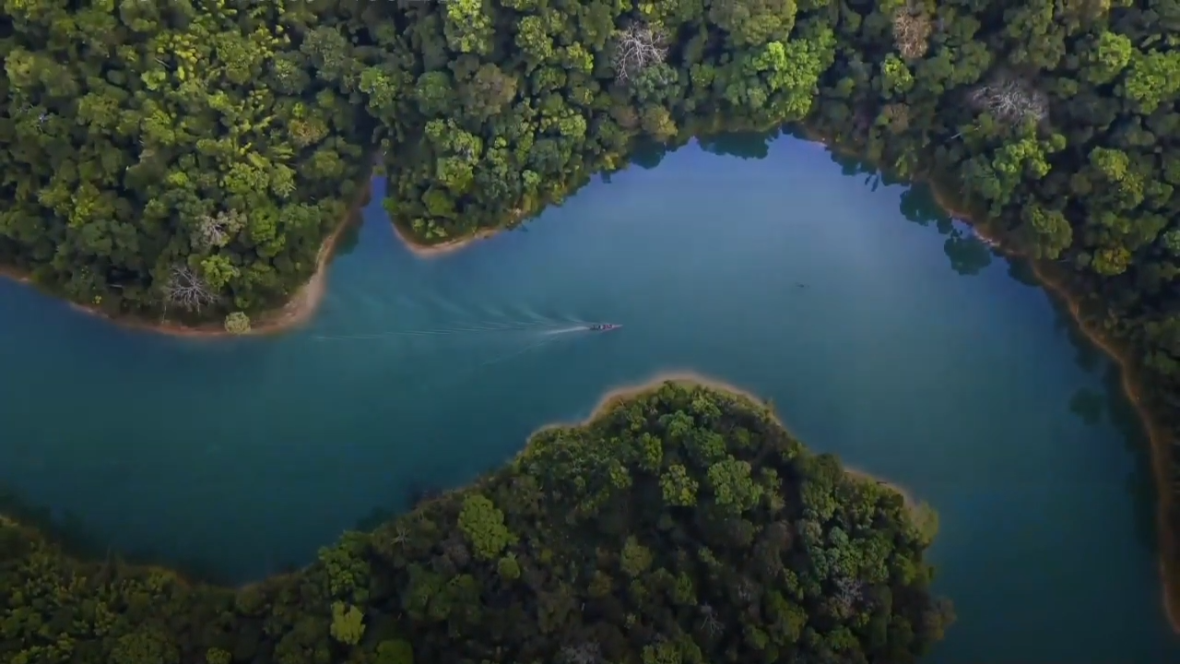The power of collective action: how the financial industry can help the world transition to net zero


Moderated by Zanny Minton Beddoes, Editor-in-Chief of The Economist, “The Power of Collective Action: The Role of the Financial Industry in Transitioning the World to Net Zero” was the topic of a panel discussion where guests and representatives of the Glasgow Financial Alliance for Net Zero (GFANZ), Bill Winters, Group CEO of Standard Chartered, Amanda Blanc, Group CEO of Aviva Plc and Oliver Bäte, Group CEO of Allianz SE, debated the magnitude of the challenge before us. They also were joined by Mark Carney, UN Special Envoy for Climate Action and Finance and Prime Minister Johnson’s Finance Adviser for COP26 and Chair of the Glasgow Financial Alliance for Net Zero (GFANZ), in a special address.
Representing more than 250 financial firms responsible for assets of over USD88 trillion, GFANZ shows that1 there is substantial support in the financial sector in battling climate change. Indeed, at the start of 2020, the assets dedicated to net zero were 5 trillion dollars, now they are at 90 trillion dollars.
Preventing temperature rise beyond the potentially catastrophic 1.5°C2 requires dramatic reduction in the world’s carbon emissions – down to net zero by 2050 – approximately 50% of which must be cut by 2030. According to the UN Environment Programme (UNEP) report, we would need to reduce global greenhouse gas emissions by 7.6% each year this decade in order for the world to get on track towards the 1.5°C temperature goal.3
Yet according to the most recent assessment from the United Nations’ climate watchdog,4 global surface temperatures are set to increase during the 21st century, where global warming limits will be exceeded, unless prompt action is taken. “But based on our recent Zeronomics report5, 55% of companies acknowledge that they’re not moving fast enough; and 71% are planning on taking the bulk of their action between 2030 – 2050. In other words, most companies aren’t even planning on taking the beginning steps of their actions until after it’s too late,” said Bill.
Developing and emerging markets will be most affected and are least prepared for by the impact of climate change. Largest shortfalls in identifying and raising climate related financings are going to come in developing markets. 80% of the population in many of these markets being exposed to impossible levels of temperature in terms of human existence and will disproportionately bear the brunt of climate change.6 Clearly, we must get funding to where it is needed most and help bring about a just transition.
Achieving the pace and scale of green-house gas emissions (GHG) reduction will require significant investment. The International Energy Agency estimated that average annual investments will have to rise from the current USD2 trillion per to USD5 trillion until 2050.7 There is obviously a funding gap; but there is also a commitment gap. Here, the financial sector can play a critical play. The funds are there. The question is how best to route them to where they are needed most.
“One rate-limiting factor here is the lack of data and standardised reporting,” as Amanda pointed out. “The Task Force on Climate-related Financial Disclosures8 has gone some way towards a common standard, but more consistency is needed.” To agree and abide by these standards requires diverse market players to work alongside one another. GFANZ aims to address this by bringing together different industries, representing diversity of thought and collective ideas.
Members of GFANZ must (i) set and publicly disclose long term and intermediate targets to support meeting the goals of the Paris agreement. (ii) have interim targets for 2030 reflecting their fair share of the 50% reductions; (iii) have board accountability; (iv) and they also need to measure and report publicly, their annual progress. In addition, the Net Zero Banking Alliance, which is one of the GFANZ’s operating units chaired by Standard Chartered, focuses on banks and requires them to set intermediary targets every five years on a sectoral basis, mapping out the decarbonization plans.
An agreed common set of standards is also key for another critical building block of the energy transition: creating a sustainable, robust market for carbon credits. “The carbon market offers the facility for people making that net zero commitment to transfer tens of millions, hundreds of millions, billions of dollars, into the hands of people that can actually get the carbon out of the environment,” Bill said.
Not surprisingly, the largest shortfall in terms of this transfer of funds is expected in the developing world. Emerging Markets are disproportionately exposed to high levels of climate risk, and there is a USD10 trillion-dollar opportunity for private funding to build climate-resistant infrastructure in these countries.
Often funds are set aside already, but there is a disconnect between where money is raised and where it’s needed. Bill explained that “less than a tenth of funding opportunities have been identified in regions such as sub-Saharan Africa and parts of South Asia”.
And financing alone won’t be enough, as Oliver highlighted “It’s not just the lack of money. It’s the lack of know-how and technology. So, we would need to spend a lot more time to make the technology transition, not just the asset allocation transition.”
Cooperation between governments, multilaterals, development banks and agencies, and the private sector will be pivotal. “The fact that these bodies often compete rather than join forces on projects in the developing world needs to change,” Oliver added.
The complexity of the task ahead – and the tight timeframe for achieving the targets set by the Paris Agreement – can only be tackled through collective action – a concerted effort between the financial sector, the governments of the world and the development organizations, including both regional and global bodies.
Companies must take ownership of their supply chains, scrutinizing environmental performance and their clients in addition to managing their own footprint.9,10 Multilateral Development Banks (MDBs) also play a critical role, and are uniquely placed to de-risk those projects and mobilise private finance. And the support from policymakers is critical. Underscored by Oliver. “Unfortunately, the action in terms of policymaking is still falling short of what we need to do.”
He is expecting COP26 in Glasgow to be a rallying point to get policymakers to commit to more concrete action, touching on areas as diverse as cutting subsidies for fossil fuels, standardising emissions reporting and simplifying permissions for infrastructure projects. Policymakers will also need to pull the public along, as they have shown themselves to be largely reticent to pay for the energy transition.
“Creating incentives to help individuals, businesses and communities to go green as countries recover from the pandemic, that has to be a priority for governments,” agreed Amanda.
But isolated individual action will not suffice. “Any one individual party can’t actually solve this themselves – an individual country regulator or an individual government. It is much bigger than that,” Amanda said. The hope is that Glasgow will bring all players to the table, so that progress can finally be accelerated and more concrete actions initiated.
Bill also pointed to the pivotal role of the private sector, including finance, in scoping what legislation and regulation will be needed, providing a blueprint for policymakers to act on, not least in areas such as disclosure.
We know our time is short. “If we’re looking out five years, it would really be good to look back and say that this was the year when we stopped talking and actually started delivering on our plans,” Amanda concluded.
1 https://www.gfanzero.com/
2 The Paris Agreement set the target of catastrophic temperature rise Between 1.5°C and 2°C.
3 https://www.unep.org/news-and-stories/press-release/cut-global-emissions-76-percent-every-year-next-decade-meet-15degc
4 The Intergovernmental Panel on Climate Change https://www.ipcc.ch/report/ar6/wg1/downloads/report/IPCC_AR6_WGI_Headline_Statements.pdf
5 https://www.sc.com/en/campaigns/zeronomics/
6 https://www.imf.org/external/pubs/ft/fandd/2021/09/asia-climate-emergency-role-of-fiscal-policy-IMF-dabla.htm
7 https://www.iea.org/news/pathway-to-critical-and-formidable-goal-of-net-zero-emissions-by-2050-is-narrow-but-brings-huge-benefits
8 https://www.fsb-tcfd.org/
9 https://procurementmag.com/sustainable-sourcing/shell-ordered-cut-supply-chain-emissions-45
10 https://www2.deloitte.com/uk/en/focus/climate-change/zero-in-on-scope-1-2-and-3-emissions.html
